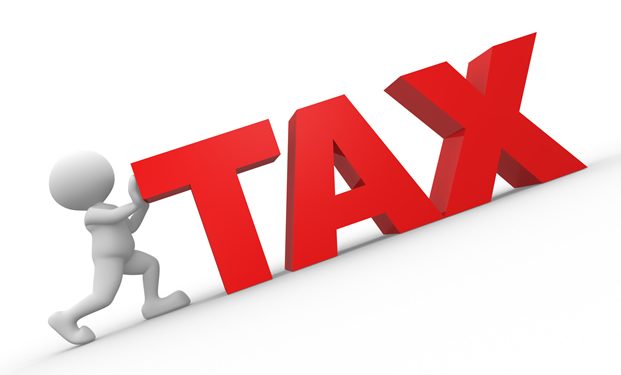In a major policy shift, the Nigerian Federal Government has introduced Value Added Tax (VAT) exemptions on various energy products, including diesel, Liquefied Natural Gas (LNG), Compressed Natural Gas (CNG), and electric vehicles. The initiative aims to reduce the cost of living, boost energy security, and accelerate the nation’s transition to cleaner energy sources.
This was revealed in a statement issued by the Minister of Finance and Coordinating Minister of the Economy, Mr. Wale Edun, on Wednesday.
VAT Exemptions for Energy Products
The new VAT Modification Order 2024 exempts key energy products and infrastructure from VAT, such as:
– Diesel
– Feed Gas
– Liquefied Petroleum Gas (LPG)
– Compressed Natural Gas (CNG)
– Electric Vehicles (EVs)
– Liquefied Natural Gas (LNG) infrastructure
– Clean Cooking Equipment
“These measures are designed to lower the cost of living, bolster energy security, and accelerate Nigeria’s transition to cleaner energy sources,” said Edun.
Tax Incentives for Deep Offshore Oil & Gas Production
In addition to the VAT exemptions, Edun also announced new tax incentives for deep offshore oil and gas production. These incentives, outlined in the Oil & Gas Companies (Tax Incentives, Exemption, Remission, etc.) Order 2024, are part of the government’s strategy to position Nigeria’s deep offshore basin as a top global destination for oil and gas investments.
“These reforms are part of a broader series of investment-driven policies championed by His Excellency, President Bola Ahmed Tinubu, in line with Policy Directives 40-42,” Edun explained. “They reflect the administration’s commitment to fostering sustainable growth in the energy sector and enhancing Nigeria’s competitiveness in the global oil and gas market.”
Broader Tax Reform Agenda
The new policies come as part of Nigeria’s ongoing tax reform initiative, which began after President Tinubu established a tax and fiscal policy committee in August 2023, led by tax expert Taiwo Oyedele. The committee is tasked with creating a tax framework that promotes economic growth and development.
Among the reforms proposed by the committee are raising VAT, introducing tax exemptions for low-income earners, and providing fiscal incentives to encourage investment in critical sectors.
These new measures reflect the government’s drive to reduce energy costs for businesses and consumers while positioning Nigeria as a leader in clean energy and a competitive player in the global oil and gas industry.
Stay tuned for further updates as the implementation of these reforms progresses.










